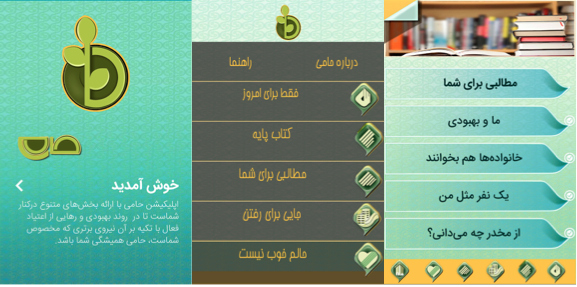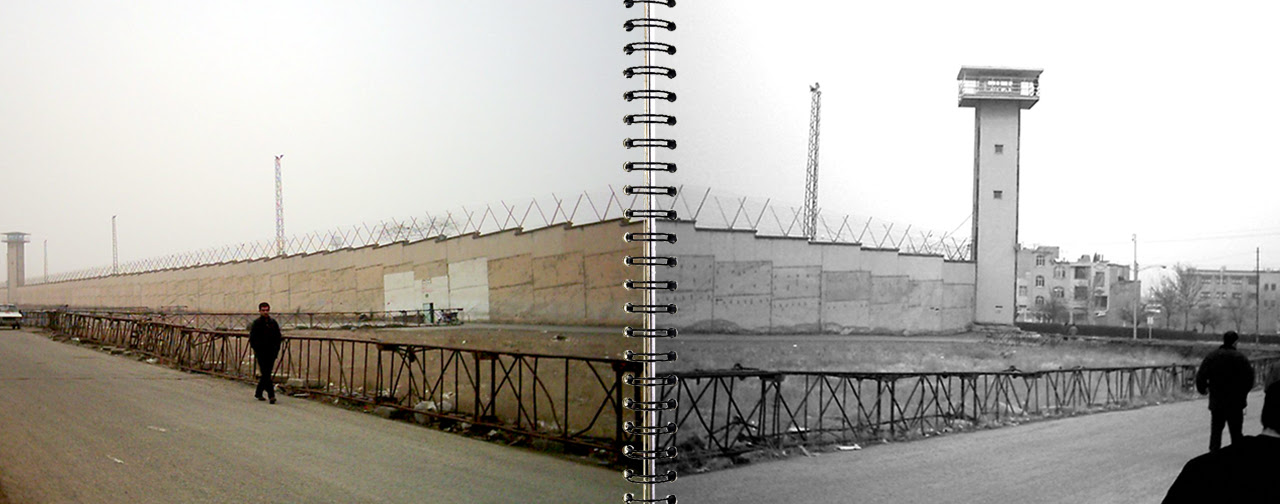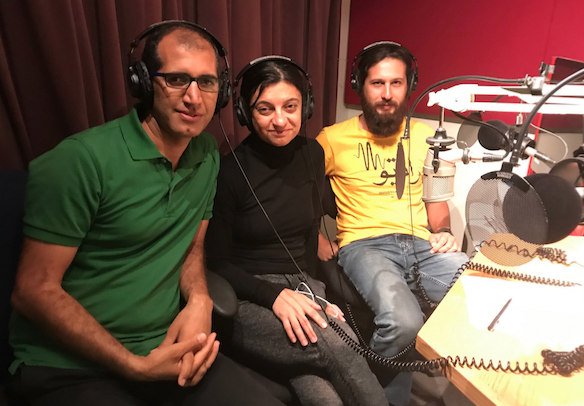We have done a lot in the second quarter of 2017 and we can’t help but feel proud. We want to thank you for being our partners and share some of our work with you.
Combating Child Sexual Abuse: Introducing Michka
Sahar Shams experienced sexual abuse as a child. At the time, nobody spoke about it. She didn’t have the words needed to talk about it. Like most children, she didn’t know who to talk to. That’s why she wanted to create Michka, an e-book and game to help children understand and talk about sexual abuse.
Michka’s story offers Iranian parents more resources to talk to their children about sexual abuse in a language that is appropriate, understandable, and non-threatening to them. “My hope with this book is to encourage an open, intelligent discussion about child sexual abuse, so we can address the issue and provide support to the silent victims,” says Shams.
Hamdam is downloaded more than 130,000 times!

When we first introduced Hamdam to you in March, we hoped that Hamdam “will be true to its name and becomes a companion for Iranian women.” Nothing makes us happier to share that the app is providing support for over 130,000 Iranian women. Hamdam, a period tracker that is designed to be a one-stop-shop for information about sexual health and legal rights, has been rated approximately 5 stars on Google Play.
Thanks to Hamdam women across Iran now have access to answers about marriage law and how to tackle problems with employment, education, divorce, division of assets and more. Users have collectively viewed the app pages’ about 2.5 million times and have spent over 20,000 hours on the app!
Haami: A Helping Hand for Iranians Struggling with Substance Abuse

A few weeks ago, local media in Iran reported that the number of drug addicts in Iran has more than doubled in the last 6 years. Iranian Health Ministry officials estimate that there are 2.2 million drug addicts in the country of 80 million. Doctors working with recovering addicts believe the actual figures are higher. At the same time, everyone agrees that addiction recovery resources in Iran are very limited.
The IranCubator app Haami offers a range of resources to recovering addicts, including a tried and tested roadmap to sobriety through Narcotics Anonymous’ Basic Text and other educational information. The app also provides users with an index of recovery centers in Iranian cities and provinces.
Life Behind Bars in Iran

The Iran Prison Atlas (IPA) published Behind Bars in Iran, an extensive inquiry of the conditions of Iranian prisons, in the last quarter. The 200-page report is based on interviews with two dozen current and former political prisoners and open letters written by political prisoners. According to Iranian officials, Iran has at least 220,000 prisoners. Behind Bars in Iran reviews major failings of Iran’s detention centers including extreme overcrowding, poor sanitation, hygiene and medical care, documented cases of mistreatment and torture, and widespread use of narcotics.
Behind the Bars in Iran includes recommendations on how to transition out of the current urgent conditions to a humane, sustainable, and practical agenda. The report has been sent to the head of Iran’s Prisons Organization, judges, prosecutors, judiciary and executive officials, and activists.
United for Iran in the Media
A number of major media outlets covered our worked in this quarter. Our Executive Director Firuzeh Mahmoudi was offered a platform at Oslo Freedom Forum to share her vision of how the marriage of technology and human rights can take us to the future we want.

NPR’s Steve Inskeep reviewed our Iran Prison Atlas; the platform that sheds light on the conditions of political prisoners in Iran. Mehdi Aminizadeh, IPA’s Lead Researcher, shared how his story of activism in Iran, getting arrested, and being tortured has lead him to give a voice to those who are still behind bars and whose voices have been muffled.
Motherboard called three of our applications, Hamdam, Sandoogh96, and Toranj, technologies that are helping Iranians to bypass government oppression. Explaining how we are taking ideas from Silicon Valley to the streets of Tehran and channeling them into apps that fill the gaps in health, education and dialogue. “There is hope that these mobile solutions could work where protests and advocacy has not.”

